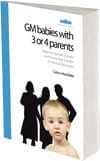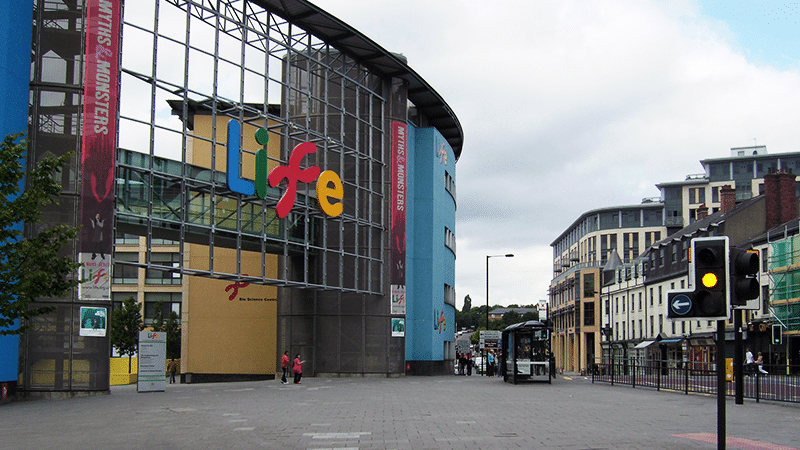
GM babies with 3 or 4 parents
Calum MacKellar
Should scientists be allowed to create genetically modified children who have three – or even four – parents? The Government wants to let scientists go ahead.

Genetically modified babies have been born in the UK, the fertility regulator has confirmed.
Under a Freedom of Information request, the Human Fertilisation and Embryology Authority (HFEA) has revealed that “less than five” GM babies have been created in the UK since controversial procedures were legalised.
The Human Fertilisation and Embryology (Mitochondrial Donation) Regulations, which allow the creation of three or four-parent children in cases involving mitochondrial disease, came into force in October 2015.
Mitochondria are very small entities found in every human cell. They are inherited from the mother’s egg, provide energy for the cell and contain mitochondrial DNA.
The role of mitochondria is not fully understood, but when they malfunction they can, in rare cases, cause serious illness.
Scientists at the Newcastle Fertility Centre created the babies employing a technique known as mitochondrial donation, or ‘three-person IVF’.
The procedure gives rise to a child generated, from a biological perspective, from three different ‘parents’ – a chromosomal mother, an egg mother and a sperm father.

Calum MacKellar
Should scientists be allowed to create genetically modified children who have three – or even four – parents? The Government wants to let scientists go ahead.
Commenting on the news, Prof Robin Lovell-Badge from London’s Francis Crick Institute, queried whether the babies would actually be “free of mitochondrial disease, and whether there is any risk of them developing problems later in life”.
The UK was the first country in the world to approve laws allowing the use of IVF mitochondrial donation, and The Christian Institute has long warned that problems with the technique may only arise decades from now, as it requires changing the human germline.
The CI’s Deputy Director Ciarán Kelly said: “Evidence is now emerging that babies created through mitochondrial donation still risk developing potentially fatal diseases.
“We should be putting resources into adult stem cell treatment, which offers hope to those living with mitochondrial disease, rather than into what appears to be the genetic equivalent of Russian roulette.”
Regulations allowing research into mitochondrial donation techniques were backed by the House of Lords by 280 votes to 48 in February 2015. The House of Commons had already voted 382 to 128 in favour of the regulations.
The research involves the destruction of embryos, and though the stated aim is to create children free from mitochondrial diseases, it will not help women and children who already have the conditions.
The Newcastle procedure involves fertilising two eggs with the father’s sperm – one from the prospective mother, and one from a donor with healthy mitochondria. Genetic nuclear material in the donor’s egg is then replaced by that from the parents’ fertilised egg, resulting in a child with DNA from three parents.
The Newcastle Fertility Centre is the only clinic in the UK approved by the HFEA to carry out this ethically controversial technique. Since receiving its licence in 2017, the HFEA has approved the use of the procedure for 30 couples at the clinic.
Baby born with three genetic parents in GM first
Scientist plans to create ‘mini-me’ embryos for harvesting organs